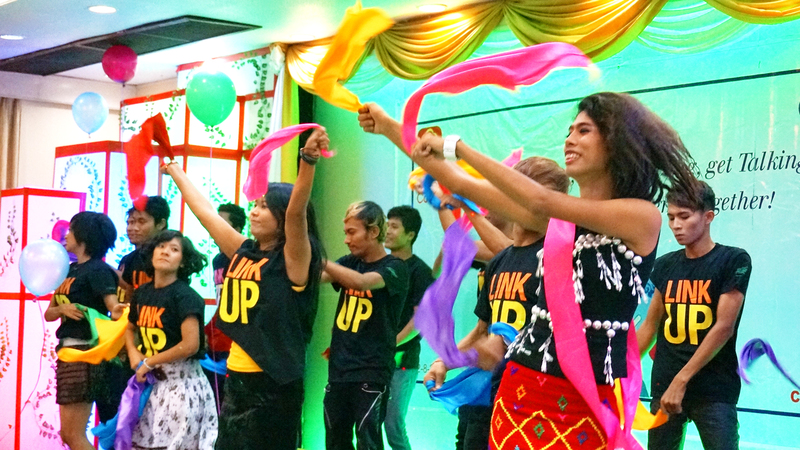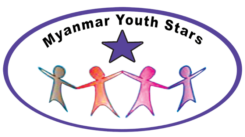
- MYSN Admin
- Jun 18, 2014
- Showcase
- 0 Comments
In late 2012, a leadership short course in Yangon brought together for the first time young key affected populations from across Myanmar. One of the workshop’s result is the establishment of a working group designed to strengthen the young key population in Myanmar. Nine active young people then formed Myanmar Youth Stars.
UNESCO organized “New Gen in Myanmar”, a leadership short course for young people from key populations (YPKP) in Nov 2012. After this workshop, Myanmar Youth Stars’ core members initiated to network. The YPKP formed a working group to participate in HIV response and formed “Myanmar Youth Stars” in early 2013. Formally organized in April 2013, MYS aims to effectively respond to the inequality, stigma and discrimination towards marginalized young people in Myanmar and who are at a higher risk of HIV infection. They create awareness on HIV and AIDS and safe sex and create opportunities to the young key affected population for empowerment. Their vision is a Myanmar where young people from key affected population are free form risk of getting HIV infection, have a healthy and developed life, and live in an environment with equal rights.
Myanmar Youth Stars has 188 members from the cities of Yangon and Mandalay and provinces of Kachin, Larsho, Mone Ywar, Mawlamyaing, Thar Yarwaddy and Myinchan. Its members equally represents young generation of males who have sex with males (MSM), transgender, people who inject drugs (PWID), male and female sex workers, and people living with HIV (PLHIV).
Since its establishment, the network has conducted capacity building for its network members and young key population, development and distribution of IEC Materials, advocacy for the rights of the young key population, and awareness of SOGI and HIV and AIDS to reduce stigma and discrimination among YKP an their families.
Myanmar Youth Stars successfully conducted first annual meeting at central hotel, Yangon from 7 to 9 – Dec 2013. By 2014, MYS aims to address legal reforms in Myanmar particularly pertaining to Section 377 of its Penal Code, accessibility of testing centers in the community, and awareness of young key populations on the law. We have plan to empower capacity building training for YPKP.(Growing up Healthy and Happy ) HIV and SRH training . Behavior change communication).Community dialogue with Media and Parliamentary members related with YPKP issue in Myanmar.
